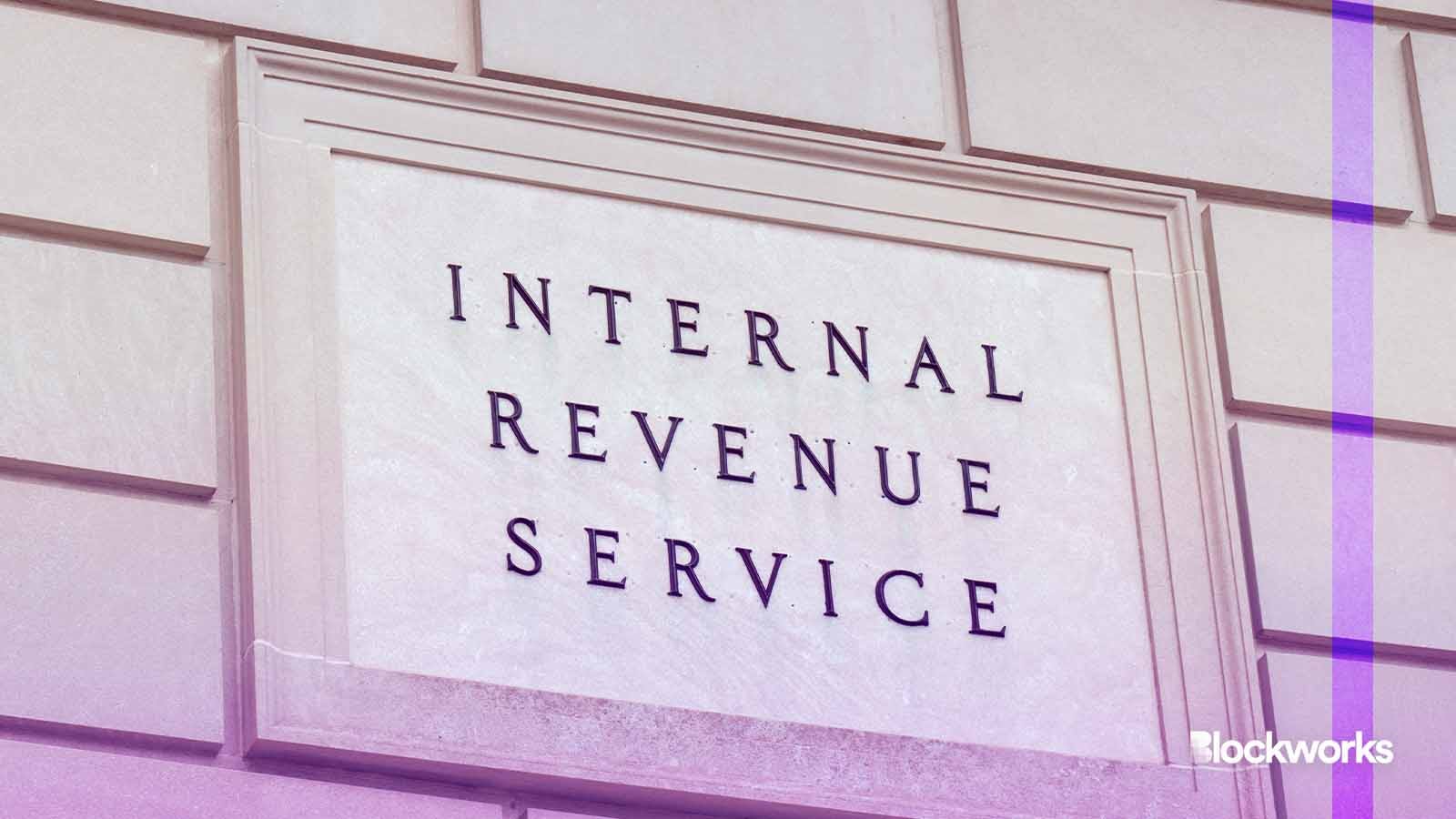Claimed your JTO? Time to report it to the IRS, experts say
After Thursday’s JTO airdrop causes a frenzy in crypto markets, accountants remind traders that they need to claim their new assets as income, even if they never sell

Paul Brady Photography/Shutterstock modified by Blockworks
Made some money off of Jito’s airdrop Thursday? If you’re a US taxpayer, you’d better report it to the IRS, experts say.
Jito, a staking project built on Solana, released its JTO token via an airdrop at 11 am ET Thursday. The claim window for those eligible is 18 months.
By 11:45 am ET Thursday, around 30% of the airdrop had been claimed. Of the top 15 wallets who had claimed the most JTO in the airdrop, only three had sold any as of Friday morning, according to a Flipside Crypto dashboard.
While holders took to X, formerly Twitter, to discuss their profits, tax experts advise airdrop recipients, at least those in the US, to be aware of their obligations.
Read more: What to know about Jito’s $165M JTO airdrop
“The IRS has been very clear in numerous documentation that digital assets received via an airdrop are to be recognized as ordinary income once received,” said Gabriel Brin, vice president of tax and accounting product at Ledgible.
This means anyone who receives any assets via airdrop must report it as income, based on the assets’ value when received, on their tax returns for that year, even if the assets are never converted to USD or fiat currency. The income tax rate collected on the initial airdrop will follow the holder’s typical tax bracket, based on income, Brin said.
But determining the exact moment a taxpayer received the airdrop can be complicated, Miles Fuller, director of government solutions at TaxBit, said.
“Time of receipt is not necessarily easily defined because it depends on where you might be holding,” Fuller said. “You probably get the airdrop because you have some holdings of some underlying native coin or some other engagement, and those holdings that are the basis for you getting the airdrop could be held on something that’s on a custodial exchange or in a personally controlled wallet, and that’s important.”
Read more: Crypto tax evasion cases are on the rise: Bloomberg
If the airdropped assets are sent to an account on a centralized exchange, like Coinbase or Gemini, the recipient may not immediately get access to these assets, Fuller said.
“In the tax world, receipt is defined as when a user is in control over the asset, really meaning that the user would be in a position to sell, dispose or rehypothecate that asset,” Fuller said. “It’s not just a matter of saying ‘the airdrop happened,’ it’s ‘when did the taxpayer get to be in control or the asset?’”
Read more: Jito’s JTO soars hours into airdrop, analysts say altcoin rally has steam left
For JTO, those who used the Jito protocol prior to Nov. 25, 2023 were eligible. Users who claimed the airdrop had assets sent to the address that signed the transaction.
The top two wallets that claimed the most JTO via airdrop each collected tokens worth around $480,000, according to network data. If these holders are single filers in the US currently making less than $578,126 in income for the 2023 tax year, this airdrop would bump them into a higher federal tax bracket.
To prevent double taxing when calculating capital gains or losses, the value of the airdrop reported when reporting the income is used as the cost basis for determining the tax rate, Fuller said.
Any assets received via airdrop that are later sold or traded for a profit would then be taxed based on standard capital gains taxes, Brin explained. The holding period, which would determine whether long or short term gains should be taxed, begins at the time of airdrop, he added.
Get the news in your inbox. Explore Blockworks newsletters:
- The Breakdown: Decoding crypto and the markets. Daily.
- 0xResearch: Alpha in your inbox. Think like an analyst.






